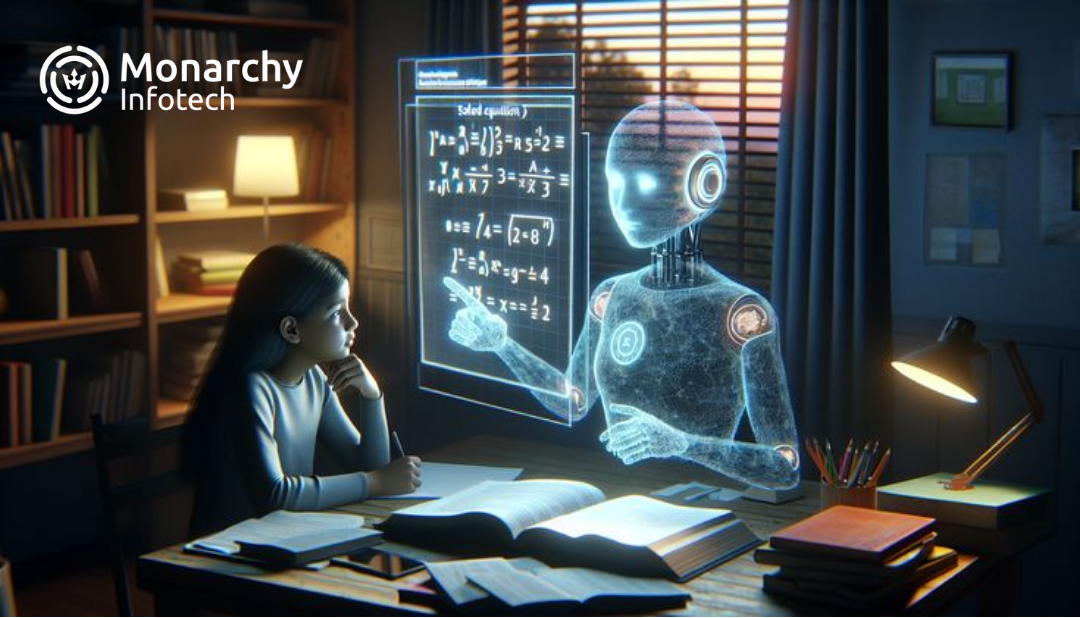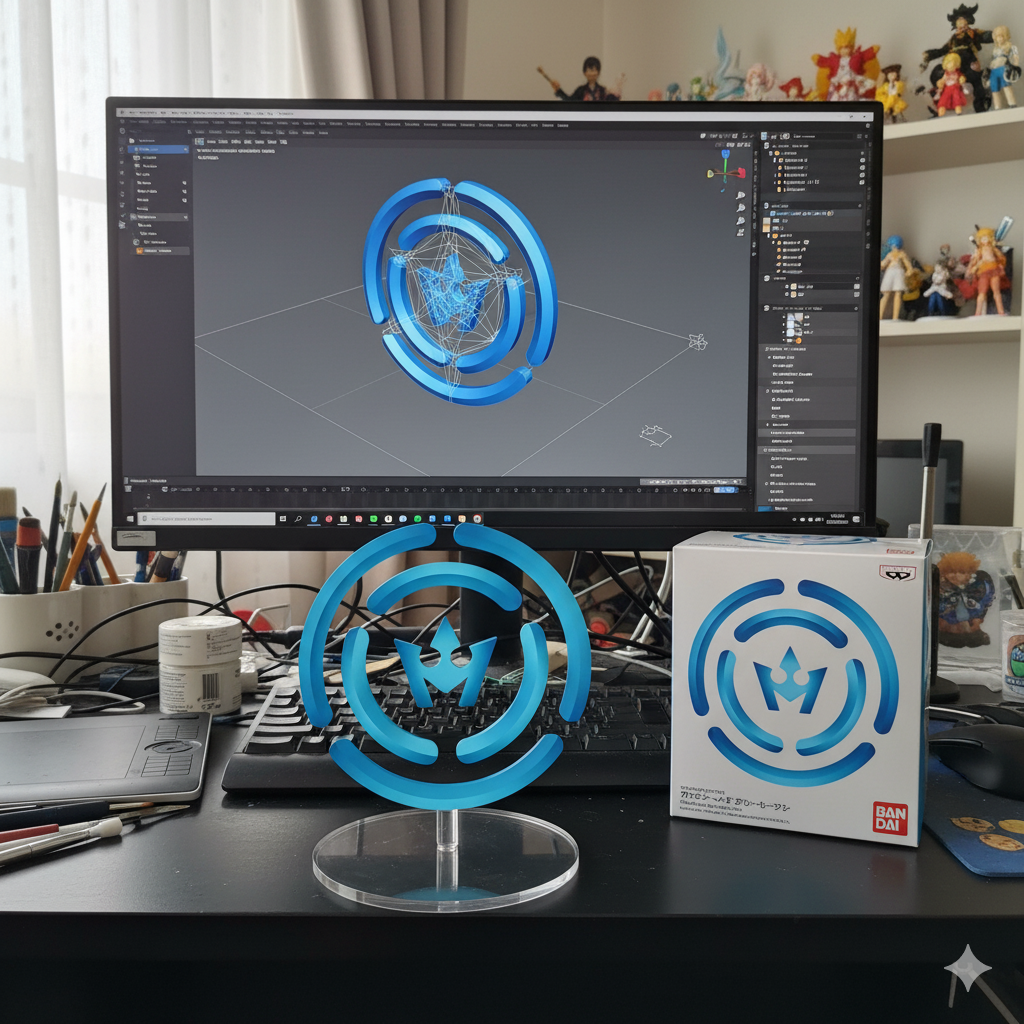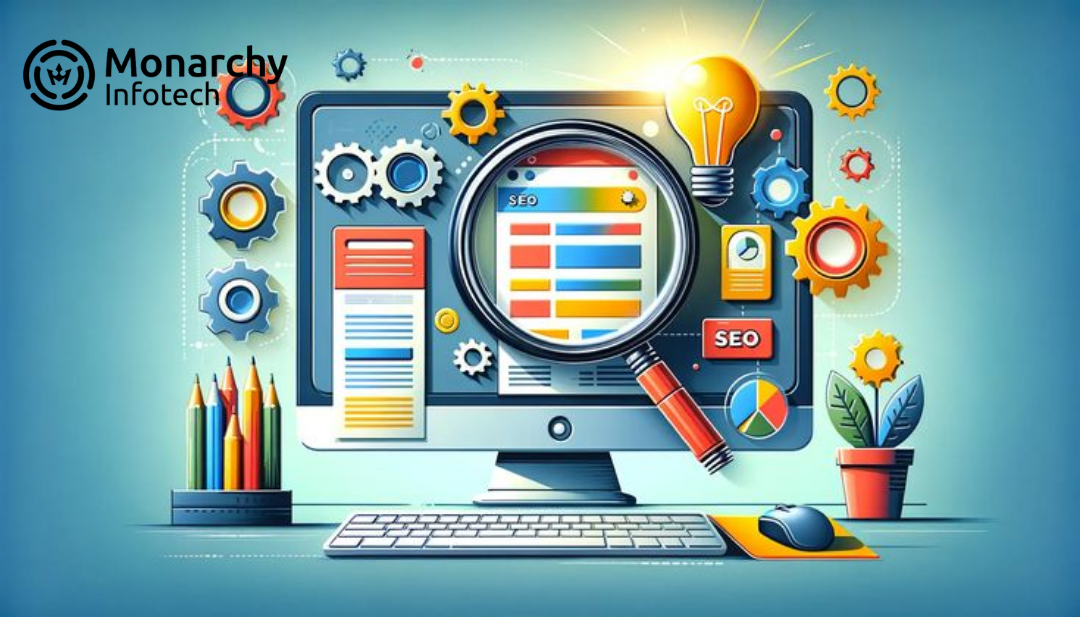77 wordsclear Humanize AI As artificial intelligence redefines industries, education is being drastically revamped. This blog discovers how AI is transforming online education with customized, adaptive experiences for students. From AI tutors personalized to the unique learning style of each individual to intelligent content delivery and instant feedback, we explore the tools and technologies shaping digital education in 2025. As a student, educator, or edtech entrepreneur, find out how AI is optimizing learning to be more efficient, stimulating, and customized than ever.

The Future of Learning: How AI Is Personalizing Online Education
The Future of Learning: How AI Is Personalizing Online Education
In a world changing at an ever-increasing rate, education is no longer confined to classrooms or standardized syllabi. With artificial intelligence on the rise, learning is increasingly personalized, adaptive, and accessible. As we move further into 2025, AI is not only revolutionizing how we teach — it's transforming how we learn.
Why Personalization Matters in Education
Traditional education models are founded upon sameness: same lesson, same rate, same test. Yet students aren't the same. Every learner possesses distinct strengths, weaknesses, likes, and paces. Personalization fills that gap.
AI enables teachers and platforms to customize learning experiences according to individual requirements. Whether it's adjusting difficulty level of content, pinpointing knowledge gaps, or recommending particular practice exercises, AI personalizes learning paths — making learning more effective and enjoyable.
How AI Is Enabling Personalized Learning
Here's the way AI is transforming e-learning in 2025:
1. Intelligent Recommendations & Content Provision
Now, AI programs scan user behavior, quiz performance, module time spent, and so forth — to recommend what a learner needs to study next. It's like Netflix, but educational: delivering precisely the right content at exactly the right moment.
2. Adaptive Learning Systems
Platforms such as Coursera, Duolingo, and Khan Academy employ adaptive learning technology to adapt in real-time. When a student has difficulty with a concept, the system slows down or provides alternate explanations. When they do well, it speeds up.
3. AI-Driven Tutors
Large language model-powered virtual tutors (such as ChatGPT) provide 24/7 doubt-resolution, explanations, and even mock interviews. In contrast to static FAQs or discussion boards, these AI tutors mimic human-like mentoring.
4. Real-Time Feedback and Evaluation
AI software now offers instant feedback on homework, essays, and coding assignments. Not only does it save time for teachers, but it also provides students with immediate, actionable feedback to enable improvement.
5. Voice & Image Recognition for Accessibility
Learning-disabled or language-impaired students are empowered by AI software transcribing lectures, summarizing readings, or converting spoken words into text. This brings education to more students worldwide.
A number of platforms are at the forefront:
- Khan Academy – Leverages AI for personalized math tutoring.
- Duolingo Max – Provides AI-powered roleplaying and commentary to language learners.
- Coursera & edX – Embedding AI for personalizing course recommendations and assignment feedback.
- Byju's and Unacademy (India) – Embedding AI in K-12 and competitive exam preparation.
Concerns & Ethical Considerations
As AI unleashes great potential, it also poses questions:
- Privacy: How is student data utilized and safeguarded?
- Bias: Are AI systems inadvertently perpetuating educational inequities?
- Dependency: Are students sacrificing critical thinking skills by depending too much on AI?
Teachers and designers need to steer these concerns with caution to make sure AI is an instrument — not a substitute — for human learning and guidance.
What's Next?
In the coming years, we can anticipate:
- Hyper-personalized AI coaches for each student.
- AI-developed coursework aligned with career aspirations.
- Augmented Reality + AI for interactive, experiential learning.
- AI mental health support for students dealing with academic stress.





